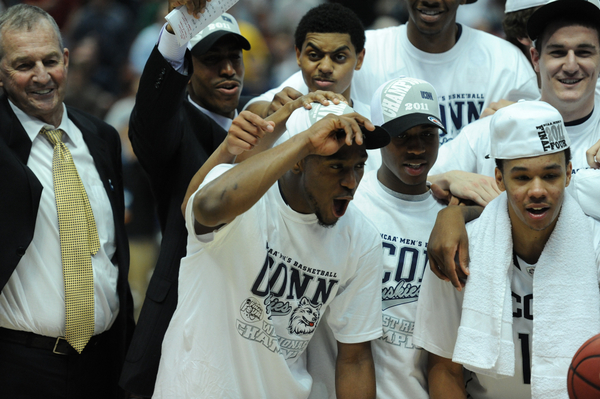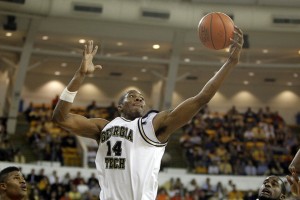NCAA Threatens to Ruin UConn’s Title Defense Before It Even Gets Started
Posted by rtmsf on October 25th, 2011We promise to make our foray into jurisprudence short, but did you ever wonder why the American system of governance has been copied worldwide for the better part of two centuries? Even if in practice what it means to be an American hasn’t always withstood scrutiny, the underlying basic principles and tenets of the United States as written into its Constitution remain an ideal the entire planet respects and admires. Our system implies a certain contract between the government and its people — essentially, that you’re guaranteed a fair shake when it comes to life, liberty and the pursuit of happiness. This is one reason why the Founding Fathers wrote in Article I, Section 9, of the Constitution that “No Bill of Attainder or ex post facto Law shall be passed.” In terms of criminal law, it essentially meant that the Congress (or states, per Section 10) couldn’t go around changing legal consequences on people they don’t like after they’ve already been punished for it — or, in simpler terms, tacking on another 20 years to someone’s sentence after they’ve already received a sentence of ten. With some exceptions, ex post facto laws are generally verboten in America and around the world, and with good reason — they create politically charged after-the-fact situations where there should be none.
Defending national champion Connecticut probably feels like the NCAA is channeling Chairman Mao given president Mark Emmert’s comments to the Knight Commission on Monday suggesting that the NCAA is considering a plan that would immediately raise the Academic Progress Rate (APR) threshold for postseason eligibility to 900. You read that correctly — the NCAA’s Board of Directors will vote to consider the institution of an APR minimum that could keep schools out of March Madness a mere five months from now. Needless to say, UConn men’s basketball, sporting a not-quite-good-enough 893 in its four-year rolling APR average, is feeling a little unfairly singled out right now. School president Susan Herbst responded by diplomatically asking for more time:












































